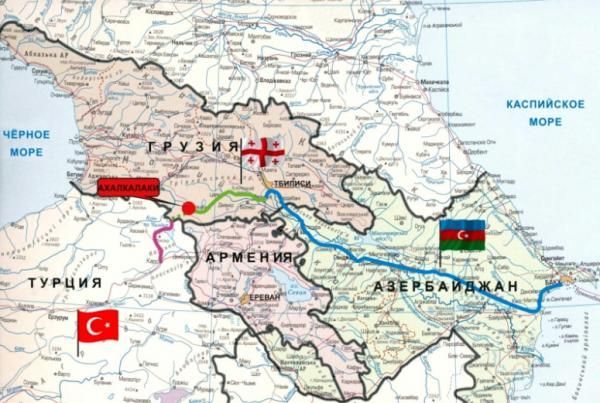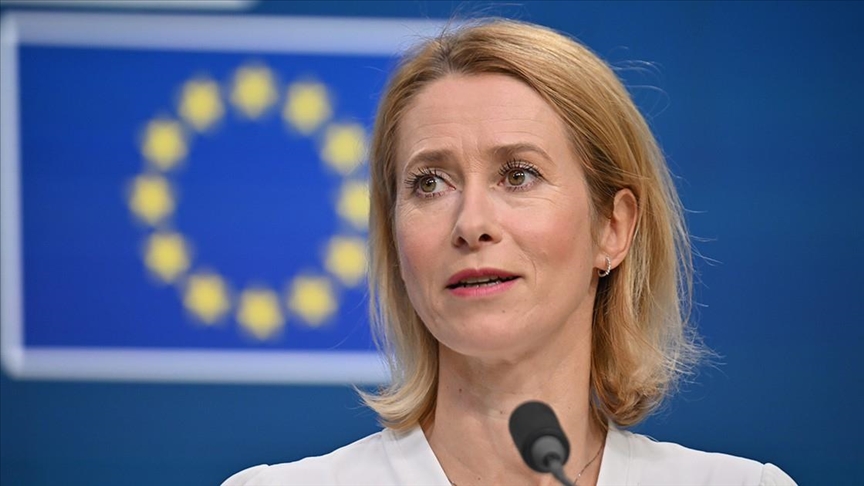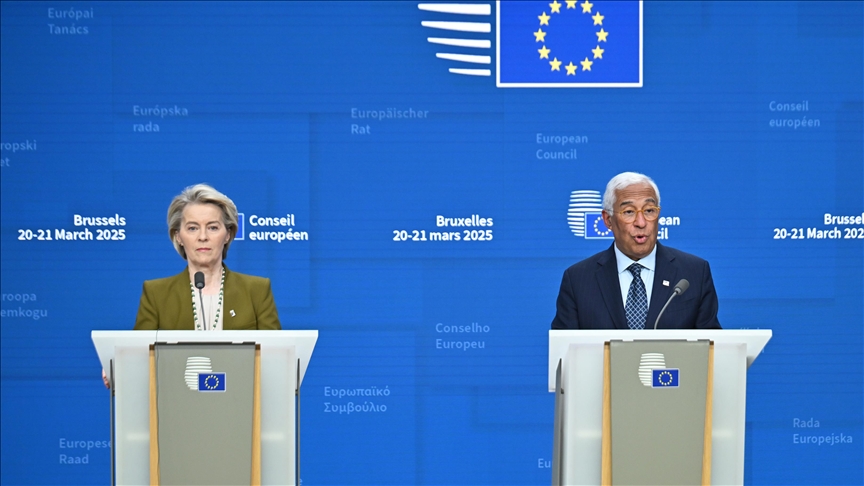Vasiliy Papava
Director of the Institute for the Study of the Middle East and the Caucasus, an Iranian, specially for Eurasia Diary
The first talks about the implementation of the railway project between Azerbaijan and Turkey through Georgia were launched back in the 90s. - After Turkey closed its border with Armenia. It was the Ankara's support for its ally Baku in the Nagorno-Karabakh issue. Thus, the existing railroad / d. the Kars-Gyumri-Tbilisi line ceased functioning. Given the realities existing at that time (large-scale conflicts in the region, the decline of the economy and the deterioration of the social and economic situation, etc.), the implementation of projects of geopolitical and economic importance was impossible.
Baku-Tbilisi-Kars, the foundation of which was laid in 2007 year, was added to the joint implemented projects of Azerbaijan and Georgia (oil pipeline Baku-Supsa, Baku-Tbilisi-Ceyhan, Baku-Tbilisi-Erzurum gas pipeline).
Georgia, which has a strategically important geographical and geopolitical position, tends more toward a geopolitical and economic union with Azerbaijan and Turkey, while avoiding hostile reactions from other regional players.
The importance of Georgia's strategic position has also become apparent from the point of view of neighboring Armenia, which depends on Georgia as a transit country. Armenia, due to closed borders with Turkey and Azerbaijan, relies heavily on its ties with Georgia, since it does not have a direct border with its largest ally, the Russian Federation. In short, Georgia is at the junction of geopolitical, cultural and economic factors. This is the intersection of several different axes (North-South, West-East, Europe-Asia and Eurasia-Middle East), which demonstrate the diversity in geopolitical unions.
Although Armenia does not participate in any political-economic cooperation with Azerbaijan or Turkey, Georgia has always maintained bilateral trade relations with its southern neighbor. The reliance of Yerevan to its northern neighbor as a transit country gave Georgia huge political levers. Although Armenia develops closer ties with Iran, it primarily depends on Russian gas that passes through Georgia. Running the Baku-Tbilisi-Kars project makes the similar project of laying railroads "Iran-Armenia-Georgia-RF" more and more ghostly. Line, with the implementation of which Yerevan intended to withdraw from geopolitical isolation.
Making a bet on Georgia, Azerbaijan mainly seeks to enter the European market for the export of its energy resources, and Turkey seeks to increase its influence in the region. Azerbaijan and Turkey are reliable economic partners, providing investments in Georgia. Since at this stage Tbilisi can’t count on stable relations with Russia, it is expected that Georgia will be interested in developing a military alliance between the three countries.
It is important to notice that the main export destinations of Georgia are Russia ($ 206 million), Turkey ($ 173 million), China ($ 169 million), Bulgaria ($ 167 million) and Azerbaijan ($ 153 million). The main sources of investments are Turkey ($ 1.18 billion), Russia ($ 840 million), China ($ 745 million), Germany ($ 392 million) and the US ($ 324 million).
In the first four months of 2015, Georgian main trading partners were Turkey ($ 476 million), Azerbaijan ($ 290 million) and China ($ 248 million). Thanks to the functioning of the Baku-Tbilisi-Kars project, not only the trade turnover between states will increase, but also mutual investment.
Azerbaijan, Georgia and Turkey are looking for cooperation, first of all, in the economic sphere, since it is here that the main interests intersect for all parties. Therefore, the economic consequences of the Azerbaijani-Georgian-Turkish cooperation are of geopolitical importance, as it stimulates the development of interstate relations (Baku, Tbilisi, Ankara) and in other spheres (military exercises, security issues, counterterrorism, etc.).
Seymur Mammadov










